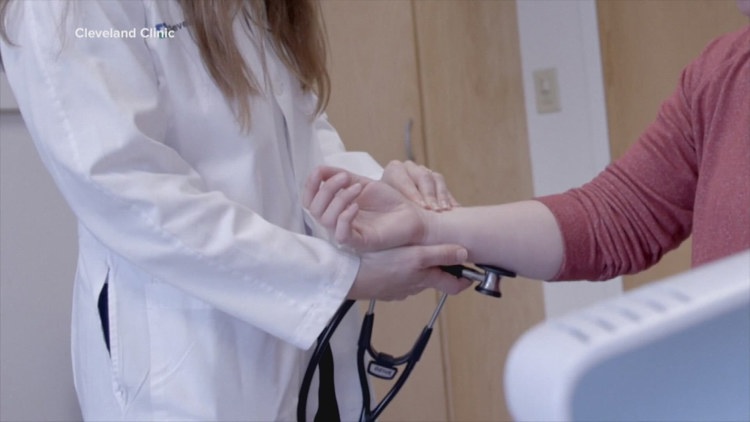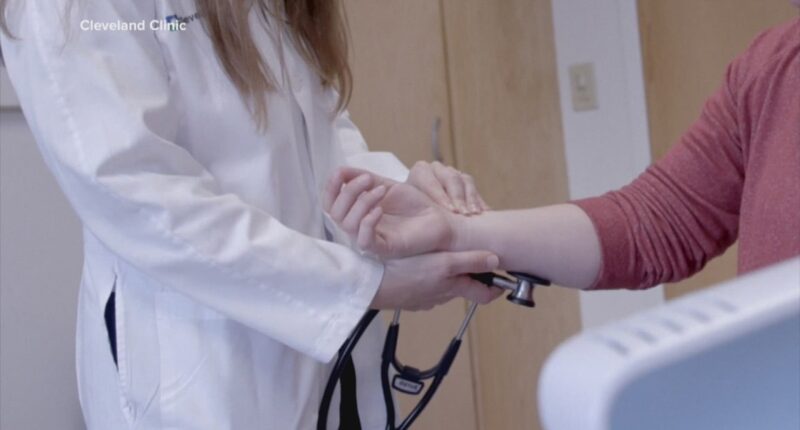Share this @internewscast.com

The Secretary of Health and Human Services, Robert F. Kennedy Jr., has announced that warnings about stroke, heart attack, dementia, and blood clots on certain medications are now seen as outdated.
JACKSONVILLE, Fla. — On Monday, the Food and Drug Administration (FDA) declared its decision to lift the “black box” warnings from hormone replacement therapy (HRT) drugs, which are widely used by women to alleviate menopause symptoms.
Robert F. Kennedy Jr., the Health and Human Services Secretary, confirmed this update, noting that the previous warning labels—which highlighted the risks of stroke, heart attack, dementia, and blood clots—are now deemed outdated and unnecessary.
“Today, the FDA is announcing the removal of the misleading black box warnings from all HRT products,” Kennedy stated.
Many medical professionals see this decision as a significant positive development for women across the United States.
Dr. Payal Kohli, a medical consultant for First Coast News, pointed out that this change is a result of scientific advancements and a growing focus on personalized medical treatment.
“It really means it’s time to be thoughtful and personalize hormone replacement therapy for the women out there that need it,” Kohli said.
The FDA estimates millions of women avoided hormone therapy due to fear fueled by the black box warnings, with nearly a third citing the warnings as the main reason.
Kohli cautions that despite the removal of the warnings, hormone therapy should still be approached carefully.
“The reversal of this black box warning doesn’t mean that hormones should be taken willy-nilly,” she said. “Some of the changes they’ve made are still a little bit controversial, because there’s still some data suggesting potential for harm.”
An estimated 8 to 10 million women experience symptoms of menopause each year. Kohli emphasized that treatment should be personalized, rather than relying on broad warnings.
“Our approach to postmenopausal hormone replacement therapy has become much more personalized,” she said. “The same label applying to every single woman saying absolutely no because it causes cancer, it causes heart disease, and other risk factors is a little bit too elementary.”
She recommends women consult multiple specialists, starting with an OBGYN to determine the best treatment plan, a cardiologist to assess heart risks and an oncologist if there’s a history of cancer.
“I don’t want this to be the message, that every woman should stop menopause or turn the clock back on menopause and go and get on hormone replacement therapy,” Kohli said. “It may be reasonable to have a conversation with your doctor to assess your individual risk of getting on hormone replacement therapy versus not taking it.”
















